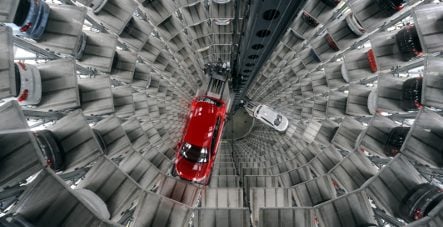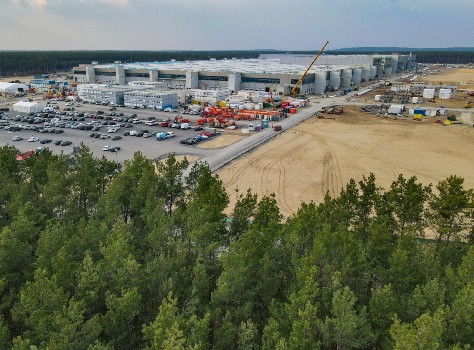The German firm said net profit slumped 74 percent year-on-year to €243 million ($314 million) in the first three months of the year while revenues fell 11.2 percent to €24 billion.
Without a €600-million gain from the sale of a Brazilian unit VW would have made an operating loss instead of a profit, and excluding the firm’s Swedish trucks and buses unit Scania, sales fell an even sharper 17.2 percent.
Even including the Brazilian windfall, operating income was less than a quarter of what it was a year ago, falling to €312 million from €1.3 billion in the first three months of 2008.
Pre-tax profit was also a fraction of what it was a year earlier, falling to just €52 million from €1.4 billion.
The number of vehicles sold dropped by 15.7 percent to €1.35 million while production slumped by almost a quarter – 24.1 percent – to €1.25 million. Deliveries to customers fell 10.7 percent to 1.4 million vehicles.
Looking ahead, VW said it did not expect business to improve any time soon and that unit sales, revenues and profits – the latter hit by higher costs for refinancing its debts – would be lower for 2009 than in previous years.
“The high volatility of market developments does not permit any reliable forecasts to be made … Based on the extremely weak business in the first three months of 2009, we continue to expect that our earnings will not reach the level of previous years,” VW said.
Other car firms must be having an even tougher time, though. VW said it performed better than the overall global passenger car market – which shrank 20.7 percent in the first quarter.
VW said that deliveries were higher than the same time period last year in the key emerging markets of China, Brazil and Russia – as well as in Germany, where sales have been boosted by a government car scrapping scheme.
It said that it is well positioned to win further market share in the future in “key regions of the world,” helped by numerous upcoming new car launches that will extend its product portfolio and cover new market segments.
The company said its nine-brand range comprises more than 130 vehicles that emit less than 140 grams of carbon dioxide per kilometre and that its new small Polo model had impressed trade press and customers at its recent premiere.



 Please whitelist us to continue reading.
Please whitelist us to continue reading.
Member comments